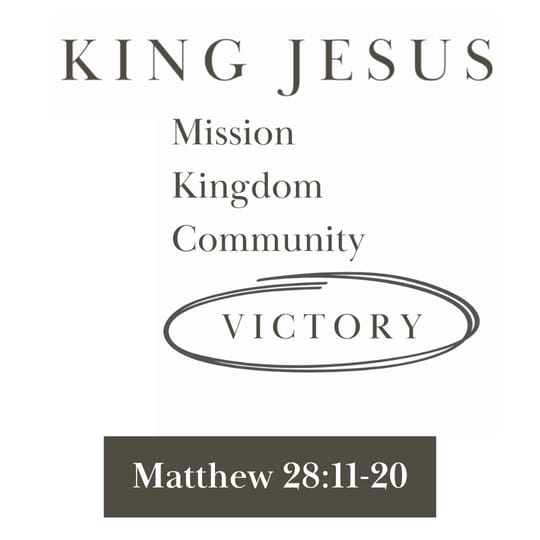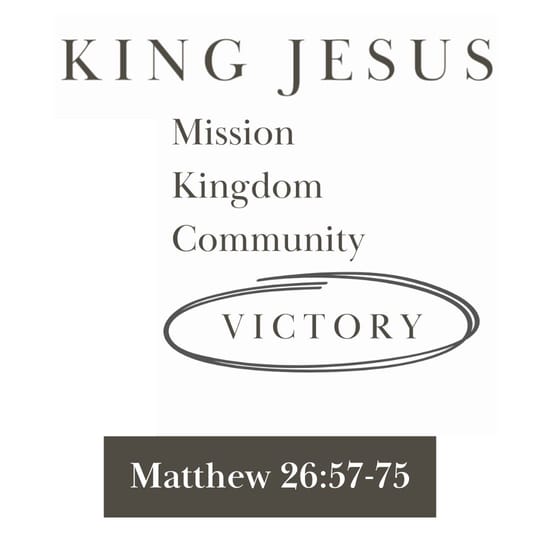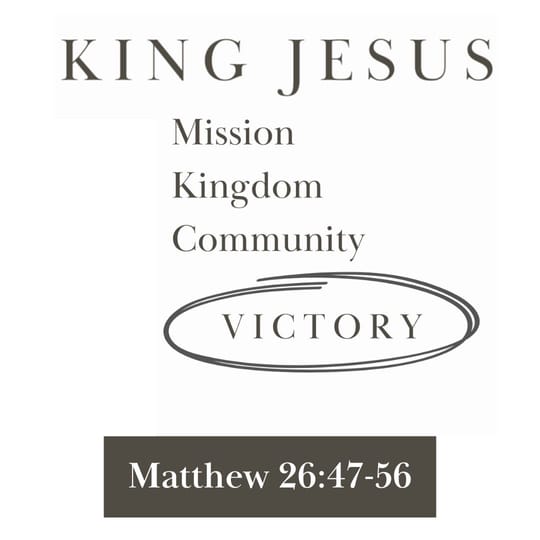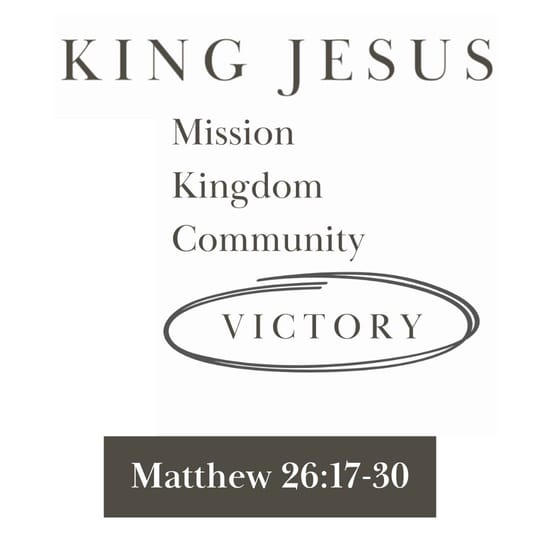Text:
“Then the Kingdom of Heaven will be like ten bridesmaids who took their lamps and went to meet the bridegroom. Five of them were foolish, and five were wise. The five who were foolish didn’t take enough olive oil for their lamps, but the other five were wise enough to take along extra oil. When the bridegroom was delayed, they all became drowsy and fell asleep.
“At midnight they were roused by the shout, ‘Look, the bridegroom is coming! Come out and meet him!’
“All the bridesmaids got up and prepared their lamps. Then the five foolish ones asked the others, ‘Please give us some of your oil because our lamps are going out.’
“But the others replied, ‘We don’t have enough for all of us. Go to a shop and buy some for yourselves.’
“But while they were gone to buy oil, the bridegroom came. Then those who were ready went in with him to the marriage feast, and the door was locked. Later, when the other five bridesmaids returned, they stood outside, calling, ‘Lord! Lord! Open the door for us!’
“But he called back, ‘Believe me, I don’t know you!’
“So you, too, must keep watch! For you do not know the day or hour of my return.
“Again, the Kingdom of Heaven can be illustrated by the story of a man going on a long trip. He called together his servants and entrusted his money to them while he was gone. He gave five bags of silver to one, two bags of silver to another, and one bag of silver to the last—dividing it in proportion to their abilities. He then left on his trip.
“The servant who received the five bags of silver began to invest the money and earned five more. The servant with two bags of silver also went to work and earned two more. But the servant who received the one bag of silver dug a hole in the ground and hid the master’s money.
“After a long time their master returned from his trip and called them to give an account of how they had used his money. The servant to whom he had entrusted the five bags of silver came forward with five more and said, ‘Master, you gave me five bags of silver to invest, and I have earned five more.’
“The master was full of praise. ‘Well done, my good and faithful servant. You have been faithful in handling this small amount, so now I will give you many more responsibilities. Let’s celebrate together!’
“The servant who had received the two bags of silver came forward and said, ‘Master, you gave me two bags of silver to invest, and I have earned two more.’
“The master said, ‘Well done, my good and faithful servant. You have been faithful in handling this small amount, so now I will give you many more responsibilities. Let’s celebrate together!’
“Then the servant with the one bag of silver came and said, ‘Master, I knew you were a harsh man, harvesting crops you didn’t plant and gathering crops you didn’t cultivate. I was afraid I would lose your money, so I hid it in the earth. Look, here is your money back.’
“But the master replied, ‘You wicked and lazy servant! If you knew I harvested crops I didn’t plant and gathered crops I didn’t cultivate, why didn’t you deposit my money in the bank? At least I could have gotten some interest on it.’
“Then he ordered, ‘Take the money from this servant, and give it to the one with the ten bags of silver. To those who use well what they are given, even more will be given, and they will have an abundance. But from those who do nothing, even what little they have will be taken away. Now throw this useless servant into outer darkness, where there will be weeping and gnashing of teeth.’
In the Kingdom of God, Victory looks DIFFERENT BUT BETTER than we can imagine.
Overall Commentary: 🌎
notes
Kingdom victory looks like Focused Faithfulness.
Commentary
Parable: A story intended to describe a complex spiritual principle.
Verse 1-13: The Parable of the 10 Bridesmaids.
Background—A Jewish wedding in first-century Palestine differed significantly from our modern world. Some would say it was also more meaningful and beautiful. On the night of the wedding, the Bride would wait at her house while the Groom and his family made the final preparations. When everything was ready, the Groom and his entourage would march through town to the young lady's home with much celebration. They would go into the home of the Bride and bring her back through town to his house. It was a lot like a parade through town. They would take the longest route between the two points so they could be greeted by everyone possible. Then, the wedding celebration could last up to a week. The new couple would open their home and feast for a week during this time. It was the most incredible week of the young couple's lives. They were be called prince and princess and be the center of attention for a solid week.
Verse 1: "The Kingdom of Heaven will be like"- Jesus indicates a parable's beginning.
Verse 1: lamps- These were likely torches that would help light up the street during the procession.
Verse 5: The Bridegroom is delayed- It would not be uncommon for a Groom to be delayed due to all the last-minute preparations. In this situation, the Groom was delayed more than expected.
Verse 8: Not enough oil- Lamps during this time usually only held enough oil to last about 15 minutes, so they had to be refilled often.
Verse 10: Where would they get oil at night- Because the entire town knew the wedding was coming, it is highly likely the merchants were open and available for all last-minute preparations.
Verse 11: "Lord, Lord"- It's so sad to notice the desperation of the bridesmaids as they realize they have missed their opportunity.
Verse 12: "I don't know you."- This is a terrifying pronouncement. It also underscores God's focus on relationships.
Verse 14-30: The Parable of the Three Servants.
Verse 15: "Bags of silver coins"- The original translation says "Talents." This is likely to stop confusion because of today's definition of talents. In first-century Palestine, a "talent" was a large amount of money. It was the equivalent of about 60 pounds of silver. This would have been 20 years' worth of work.
Verse 16-17: They doubled their money—When we first look at this, modern audiences are amazed they could double their money. However, money was hard to come by. Therefore, being able to put actual cash into the banks would have allowed them to do even better than this. Doubling their money is Jesus' way of saying they did the best they could and were able to do about average.
Verse 18: Buried the money!- This was not uncommon. The original audience would not have thought it odd to bury something as precious as a "talent" of money in a safe place.
Verse 21: Both faithful servants received the same reward- Notice that God did not reward the one with more just because he had more. He was rewarded according to faithfulness.
Verse 26-27: The Master knew His heart- The Master knew the heart of the wicked servant and said he wasn't afraid... He was lazy. God knows our hearts.
Top Takeaway- Overwhelming Victory is Ours.
God does not set us up for failure. When He calls us, He factors in our weaknesses, strengths, and everything else. His hope for us is focused faithfulness. He takes care of the impossible. There are so many things we cannot do. However, we can all stay focused and faithful so our King can provide victory.
Further Resources for Deeper Study
- Blue Letter Bible: Cross-Reference/Word Studies/Translations
- How to Cross-reference passages. Let the Bible interpret the Bible.
- BibleHub.com: So. Many. Tools.
- Bible Study Notes
- Matthew Henry Commentary
- Principles of Ministry
Extra Study
A Jewish Wedding Explained.




















